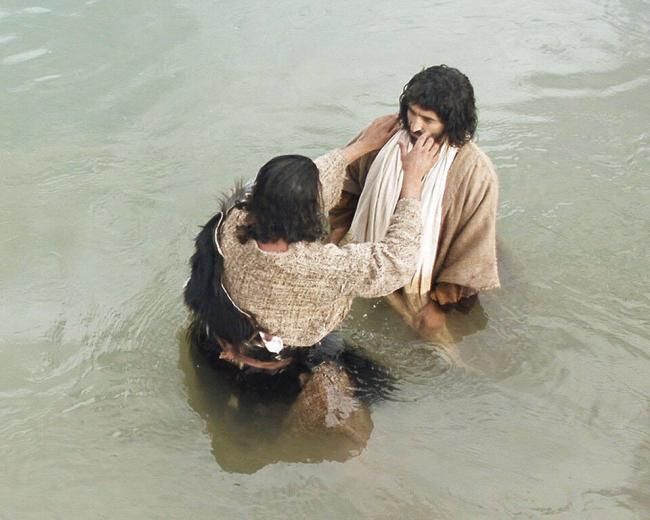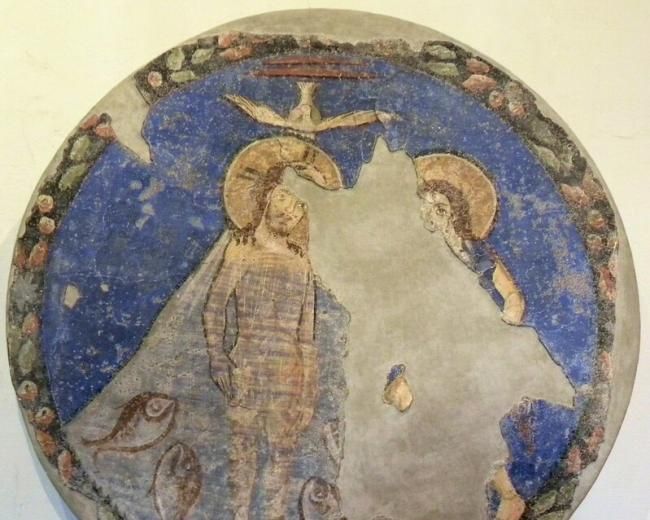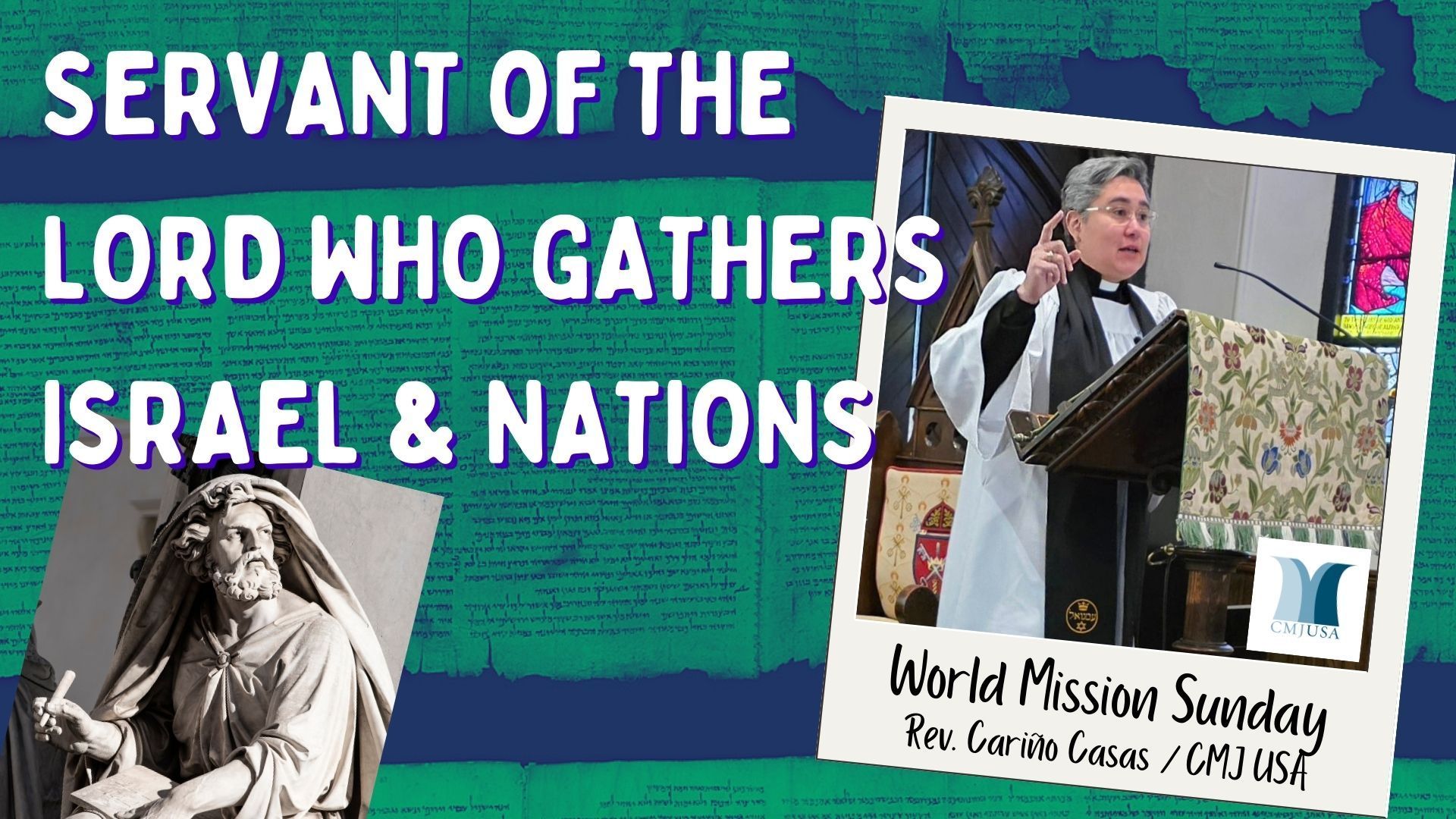Jesus was born “King of the Jews” (Matt 2:2), but
he
obviously
wasn’t ruling as a king from the manger! He
was born to be a
king, but
he
fulfilled a different
role, or function, in the d
ays of
his
earthly ministr
y. In fact, I am convinced we cannot
fully understand
the Gospels without understanding
h
im in
his
role as
the Prophet-like-Moses.
This terminology comes from Deuteronomy 18:15: “The L
ORD
your God will raise
up
for you a prophet like me from among you, from your countrymen, you shall
list
en to him.
”
He would be like Moses in many respects, but
he
would speak w
ith th
e very authority of God
h
imself and would be vastly greater than Moses.
Image by Jan van 't Hoff via Gospelimages.com
Jesus was born “King of the Jews” (Matt 2:2), but he obviously wasn’t ruling as a king from the manger! He was born to be a king, but he fulfilled a different role, or function, in the d ays of his earthly ministr y. In fact, I am convinced we cannot fully understand the Gospels without understanding h im in his role as the Prophet-like-Moses.
This terminology comes from Deuteronomy 18:15: “The L ORD your God will raise up for you a prophet like me from among you, from your countrymen, you shall list en to him. ” He would be like Moses in many respects, but he would speak w ith th e very authority of God h imself and would be vastly greater than Moses.
Image by Jan van 't Hoff via Gospelimages.com







